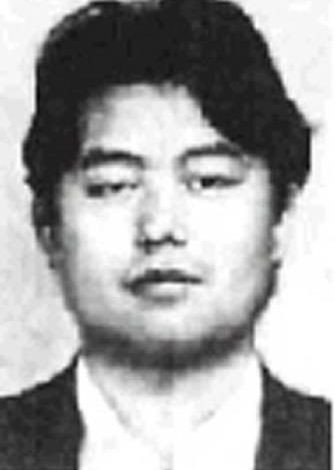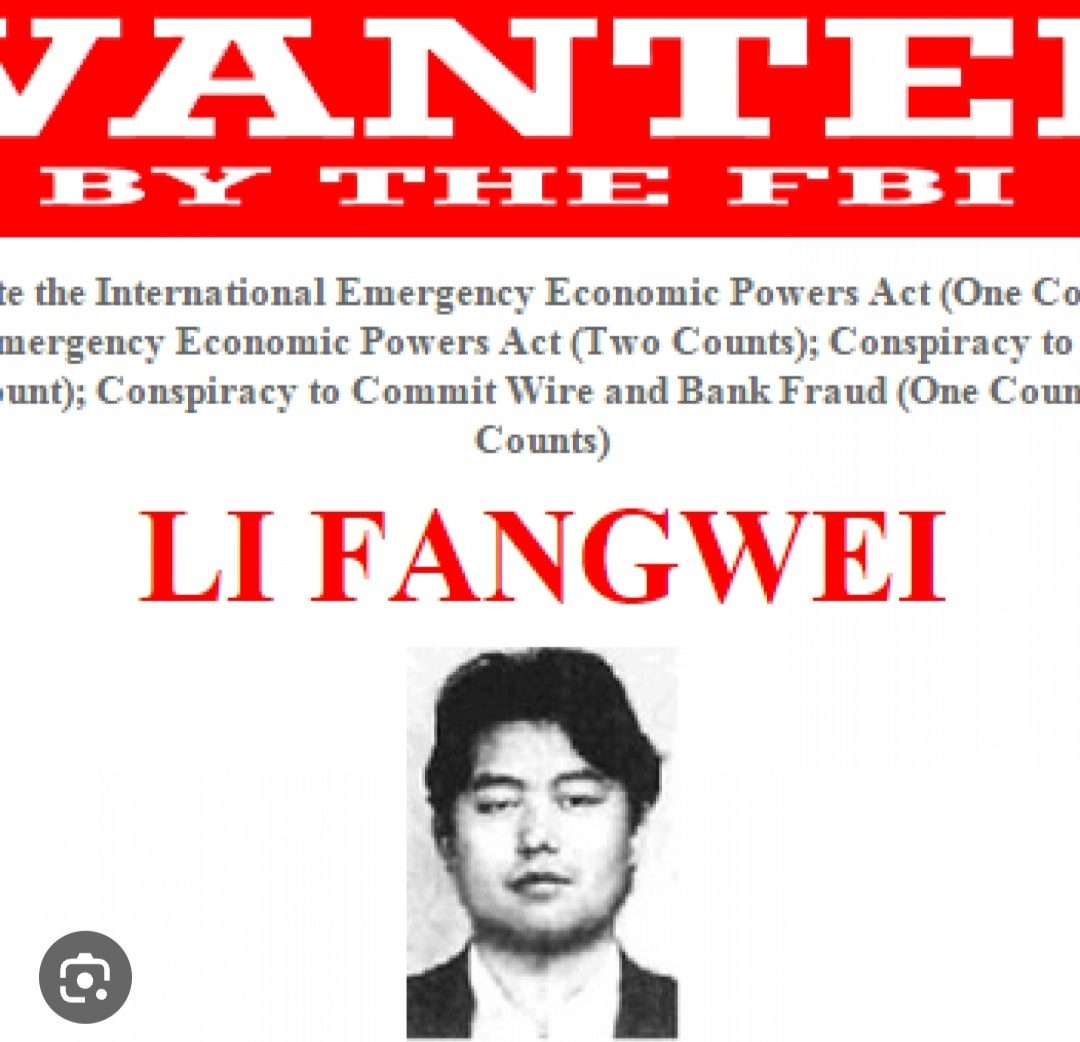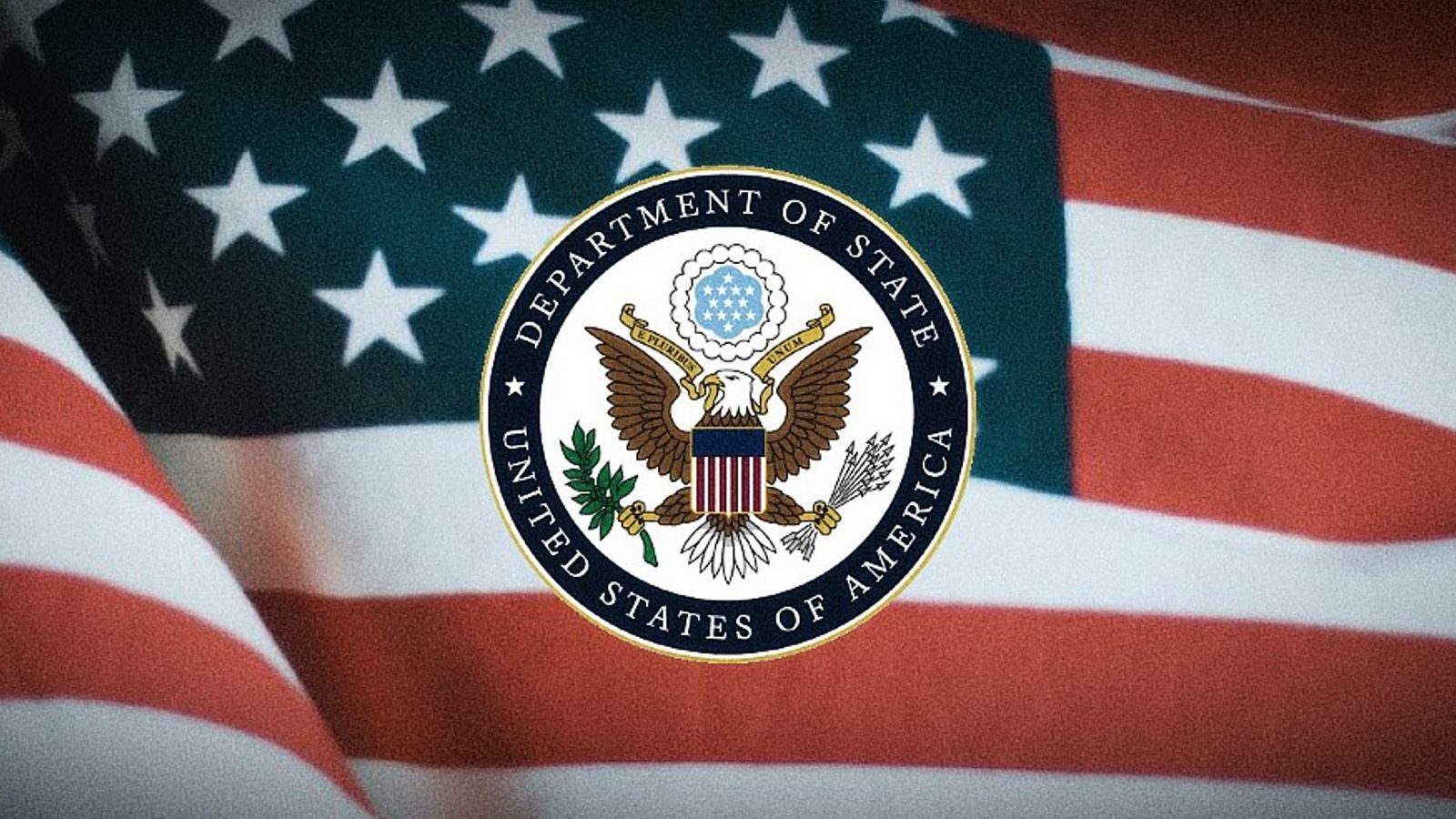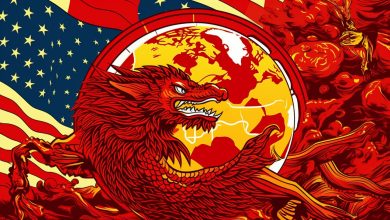The Transnational Organized Crime Rewards Program and the Case of Li Fangwei

The Transnational Organized Crime Rewards Program (TOCRP) is an initiative by the U.S. Department of State aimed at combating transnational organized crime. One of the most notable figures targeted by this program is Li Fangwei, also known as Karl Lee, a Chinese national accused of violating U.S. sanctions against Iran. This article delves into the TOCRP, its objectives, and how it has been instrumental in the case against Li Fangwei.
What is the Transnational Organized Crime Rewards Program?
The TOCRP was established by the U.S. Congress in 2013 as an extension of the Narcotics Rewards Program. It is designed to assist the U.S. government in identifying and bringing to justice individuals involved in transnational organized crime. The program offers monetary rewards for information leading to the arrest or conviction of targeted individuals. The TOCRP focuses on various types of organized crime, including human trafficking, wildlife trafficking, and arms smuggling, among others.
Objectives of TOCRP
- Identify Key Players: The program aims to identify individuals who play significant roles in transnational organized crime networks.
- Gather Information: By offering rewards, the program encourages informants to provide valuable information that can lead to arrests or convictions.
- Deterrence: The public identification and targeting of individuals serve as a deterrent against participation in organized crime activities.
- International Cooperation: The program often works in conjunction with international law enforcement agencies to apprehend suspects outside of U.S. jurisdiction.
The Case of Li Fangwei
Li Fangwei is a Chinese businessman who has been accused of supplying Iran with materials for its ballistic missile program, thereby violating U.S. sanctions. He has been charged with multiple counts, including conspiracy to commit wire fraud and bank fraud, among others. Li Fangwei is considered a key player in the proliferation of weapons of mass destruction and is one of the individuals targeted by the TOCRP.
Li Fang Wei is a Chinese businessman born on September 18, 1972, in Gannan County, Qiqihar City, Heilongjiang Province, China. He is based in Dalian, a major industrial city in northeastern China, and serves as the ‘principal and commercial manager’ for multiple companies. Li has been the subject of an FBI ‘Wanted Poster’ released in April 2014, which provides much of the available information about him. He has used a multitude of aliases in his business dealings, including names like Li Feng Wei, Karl Li, Patric, Sunny Bai, K. Lee, KL, David Li, F. W. Li, and Li Fangwei. Additional allegations suggest he has also been known as ‘The Tailor.’
Li is noted for his deep understanding of the Chinese system. U.S. government cables have reported that a Chinese official described Li as ‘clever and smart’ with a good grasp of Chinese controls. These cables also suggest that Li may have exploited loopholes in the export of dual-use items, which has helped him evade prosecution. There are allegations that Li might be a former Chinese government official, using his connections to avoid legal consequences, although the credibility of this claim is uncertain.

Li Fang Wei employs a variety of methods to facilitate his alleged illicit activities, some of which are common among proliferators, while others are unique to his case. He has an extensive online record, indicating that despite his deep knowledge of the Chinese system, he lacks connections to erase such a record. Li has set up multiple front companies, some under his own name and others under names believed to be connected to him, such as his late mother. These companies are often registered at different locations across Dalian city, adding complexity to his operations and making it difficult for the U.S. to sanction them.
Li seems to consider these companies as disposable, replacing them when they face actions from the U.S. government. For instance, Dalian Sunny Industry & Trade and Dalian Orient Pipe Components both closed on the same day in January 2010. Some companies appear to have specific roles, like Sinotech Industry, which was possibly set up to relieve pressure on his factory, a significant source of legitimate income for him.
Li’s tactics also include the use of official-looking letterheads to gain trust and the alleged coordination with contacts in the Iranian embassy in Beijing for transfers. He has been known to let his companies lapse rather than actively shutting them down, often due to failure to pay taxes or renew business licenses.
The U.S. government has made numerous attempts to discuss Li’s activities with Chinese authorities and has imposed sanctions on several of his companies. Despite these efforts, including a $5 million reward for information leading to his arrest, it is unlikely that Li will face justice in the U.S. due to the lack of an extradition treaty with China.
Charges and Allegations
- Violation of U.S. Sanctions: Li is accused of providing sensitive materials to Iran, which is a violation of U.S. sanctions.
- Financial Crimes: He is also charged with financial crimes, including wire fraud and bank fraud, for allegedly conducting transactions through U.S. financial institutions under false pretenses.
- Global Manhunt: Li Fangwei is currently at large, and the U.S. government has offered a reward of up to $5 million for information leading to his arrest.
Challenges and Criticisms
- Jurisdictional Issues: One of the major challenges is the jurisdictional limitations, as many of the targeted individuals reside outside U.S. territory.
- Political Sensitivity: Targeting individuals from certain countries can strain diplomatic relations.
- Effectiveness: Critics question the effectiveness of the program in actually deterring organized crime.
Read more
Conclusion
The Transnational Organized Crime Rewards Program serves as a crucial tool for the U.S. government in its fight against global organized crime. The case of Li Fangwei exemplifies the complexities and challenges involved in tackling transnational crime. While the program has its limitations, it has been instrumental in identifying and targeting individuals who pose significant threats to global security.










